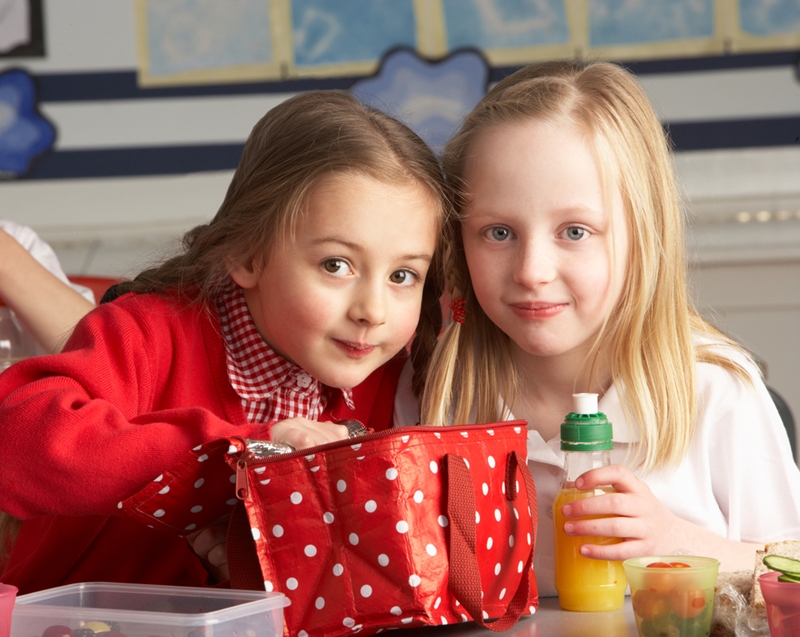How to Celebrate the Holidays When There Are Food Allergies
As the holidays approach, the classroom can become a place for celebration and festivities. There will be parties and programs that highlight the holidays' traditions and customs. However, there are important factors to keep in mind to ensure everyone has a good time.
The issue of food allergies
Some of those holiday events can involve food and other edible treats, which means special consideration must be given to children with food allergies. According to Food Allergy Research & Education (FARE), 5.6 million children (1 in 13) under the age of 18 have food allergies. That comes out to approximately two in every classroom. And another 40 percent of children are allergic to more than one type of food.
In addition, the prevalence of food allergies in children ages 0-17 increased from by 50 percent between 1997 and 2011, while the number of children with peanut or tree nut allergies from 1997 to 2008 tripled.

According to the Centers for Disease Control, a food allergy is the body's immune system reacting to certain foods. Some reactions, such as anaphylaxis, can be very severe and even life-threatening. The immune system normally protects the body from germs but the system in people with allergies treat those foods as harmful agents.
The reactions can differ between individuals and can even change in one individual over time. In addition, children with food allergies are more than four times likely to have asthma or other related conditions than those children without allergies.
Create a plan
There are more than 170 foods that are known to cause an allergic reaction and these include staples such as milk, eggs, and wheat (flour), as well as nuts, soy, fish, and shellfish.
So how can schools prepare for the holidays while taking into account the possible food allergies of their students? Here are a few suggestions from Food Allergy Research & Education:
- Communicate with parents: Meet with them to discuss the issue and have them fill out forms listing the special dietary restrictions for their child, medical authorization forms if their child has to carry special medicine and an emergency contact form with instructions on who to contact in case of an allergic reaction.
- Create a plan: If your school doesn't already have one, create a food allergy management and prevention plan and present it to parents and faculty.
- Identify restricted allergens: If snacks and treats are allowed in your classroom for the holidays, create a list of the restricted foods and ingredients.
- Create a list of safe foods: Work with the school dietician, parents and faculty to develop a listing of foods that are safe to serve at a holiday celebration or other event. In addition, the foods should be checked again before serving to children and the event monitored for any unexpected reactions by those who consume it.
- Keep medicine accessible: Since reactions can be unexpected, the proper medications should be kept readily available. Epinephrine and the specific medications that some children may carry need to be within reach. In addition, teachers should know how to recognize anaphylaxis and how to administer the medicines
- Consider food-free celebrations: Games, treat bags, special craft projects, and perhaps an extended recess period can all be substitutes for celebrations involving food. All can be created to carry the theme of the holiday.
- Educate the staff: Provide the faculty with a professional development course on food allergies and how to treat them so that they can be prepared.
If you're a parent explaining your child's food allergies to their teacher, check out this article for some helpful advice. A well-trained staff in the classroom is the best way to prepare for the possibility of a child's negative reaction due to a food allergy. Having faculty members who are ready to respond to an allergy-related medical emergency is essential to the overall safety of a holiday celebration.
To learn how to manage food allergies in the classroom, consider enrolling in our online course on "Food Allergies: Recognizing Allergic Reactions and Meal Planning in the Child Care Setting" through ProSolutions Training.



